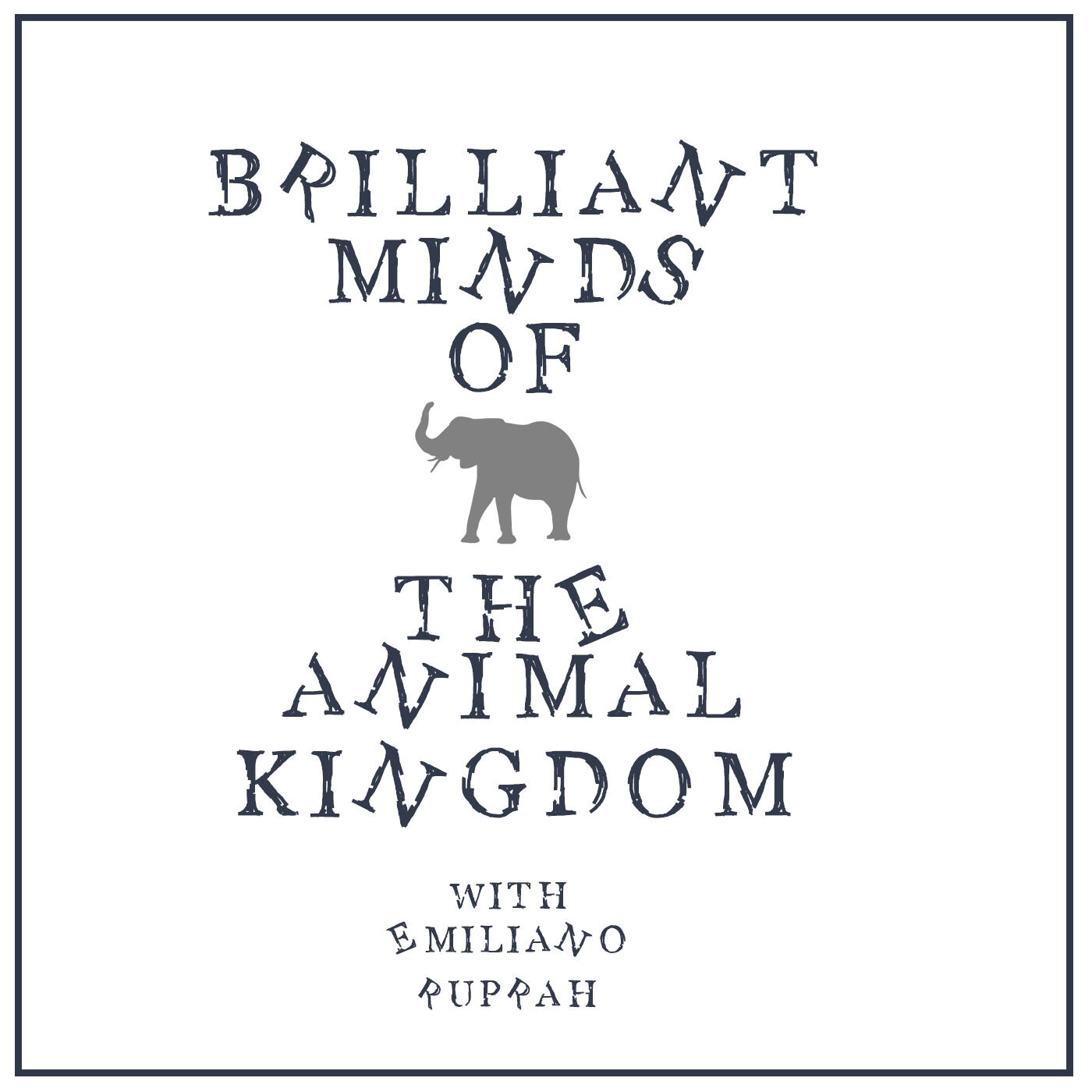A podcast series on Travel I am producing with the folks at NPR/ WHYY https://whyy.org/peaktravel/
In Brilliant Minds of the Animal Kingdom, I explore the latest in animal intelligence by talking with writers and scientists at the cutting edge of research. Each episode focuses on one specific field, researcher, or species and revolves around an interview.
An eastern gray whale set a record in 2015 for the longest recorded migration by a mammal -- a journey of nearly 14,000 miles. It started in Russian waters and went all the way to Mexico and back.
Every year, monarch butterflies take four generations on a 6,000 -mile journey. Starting in Central Mexico and California, the first generation fly to Texas and Oklahoma where they lay eggs and die. The next generation takes off further north before doing the same. The third generation reaches America's Great Lakes and succumbs before the fourth generation flies all the way back south -- up to 3,000 miles -- to lay its eggs and start the cycle again.
The Alaskan bar-tailed godwit holds the record for the longest nonstop journey through the air. Its annual migration is approximately 15,500 miles, but its journey between Alaska and New Zealand -- a journey of 7,000 miles -- is done without food or rest in an unbelievable eight days.
Some animals make dangerous journeys every day to look for food and water, or find materials for their nests. Others make epic journeys crossing oceans and continents to find a mate or escape the looming winter. All of these nomads, migrants and globe trotters have one thing in common: they know how to get to their final destination and they know how to get back.
Most of these are journeys the average person would find impossible without GPS. Infact, many of the world’s best sailors throughout history have been less successful in navigating the world than dozens of these amazing species.
But how do they do this? Do animals map out their environments? Or is it all instinct? Do they use the sun, moon and stars like human sailors of old? Do their superior sense of smell or sight play a part? Or are they in tune with some secret or invisible language of the earth that modern humans are disconnected from? In this episode of Brilliant Minds of the Animal Kingdom we’ll discuss these mysteries with David Barrie, Author of “Super Navigators….Exploring the wonders of how animals find their way”.
Welcome to episode 2 of Brilliant Minds of the Animal Kingdom. This episode is all about
Animal Intelligence. In other words, how smart are animals and what, if anything, separates us from them? Are we smarter or just different? Do animals think ahead like we do, are they capable of imagining scenarios? Do they feel the same emotions we do? Do animals understand what is fair and what is unfair? To answer these questions I’ll be interviewing Frans De Waal, a world renowned primatologist and ethologist. He is THE Professor of Primate Behavior in the Department of Psychology at Emory University and the author of several best selling books including Are We Smart Enough to Know how Smart Animals are and Mama’s Last Hug. He’ll be explaining how his decades of research have shifted paradigms across the scientific community and how he himself has been amazed by the brilliance and complexity of the animals he’s studied.
Do animals speak? Do barks, chirps, and squeaks actually have a meaning? Or is language one of the pillars of human nature, and a clear distinguishing feature of our species?
Studies of how capable animals are at imitating human language patterns always conclude with the same thing: some are pretty good, but they are greatly limited both by their physiology and the fact that they are just not human. These experiments, while fascinating, reveal an important bias in the way we have studied animals for centuries- through the human lens, judging their genius by human standards. More recently, scientists have taken a deeper interest in analyzing animal communication as it occurs in the wild. By giving the same weight to animal exchanges as we do to human language, they have opened up a fascinating world of complex communication through both verbal and non verbal means. Today we’ll be talking to Eva MEYur, who argues that animal communications do indeed constitute different forms of language and that if we listen carefully, we’ll discover a world buzzing with informational exchanges across the animal kingdom.



